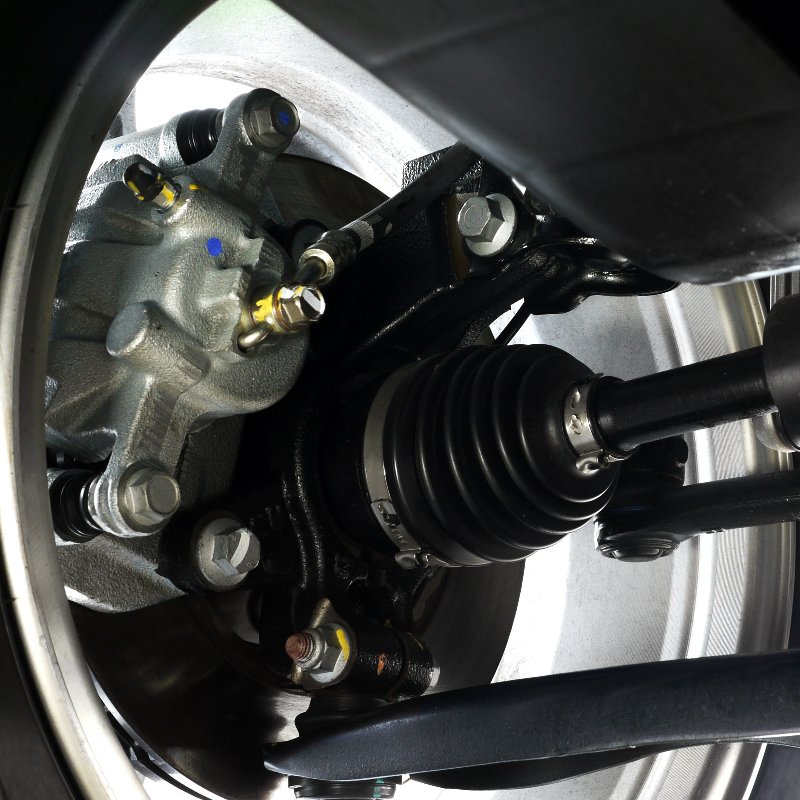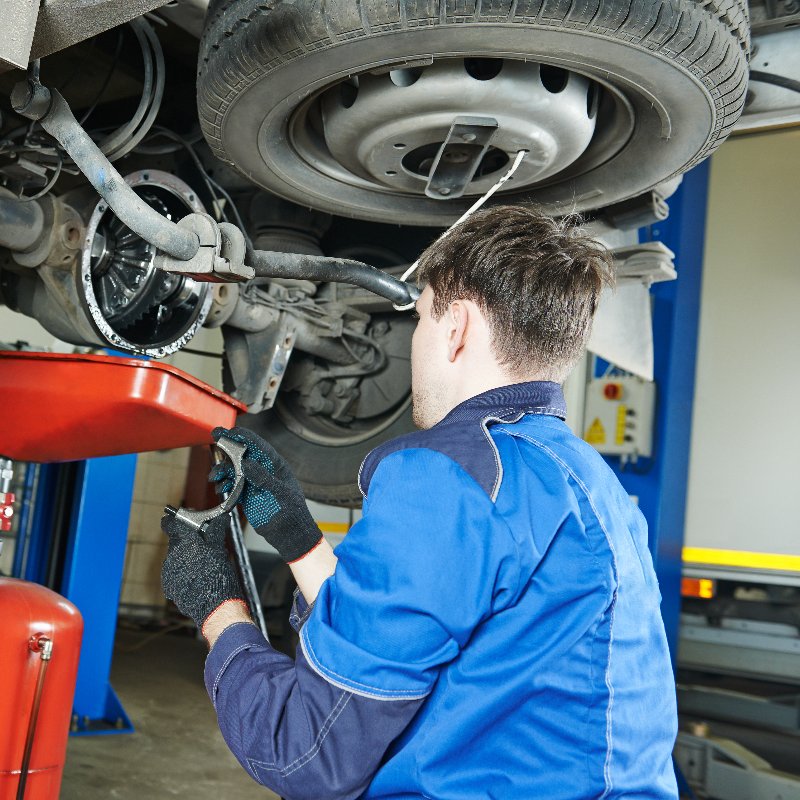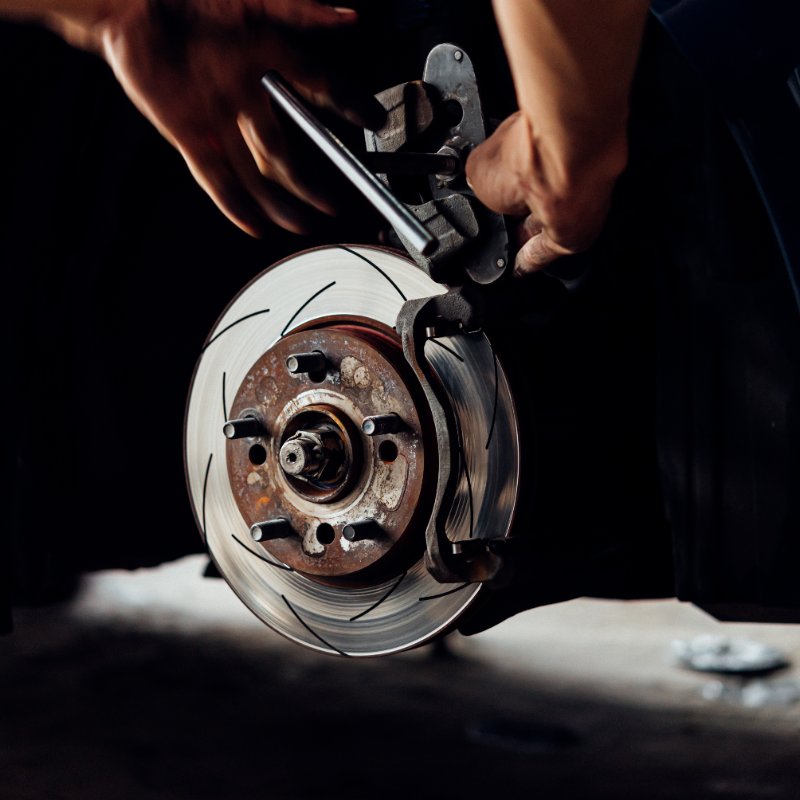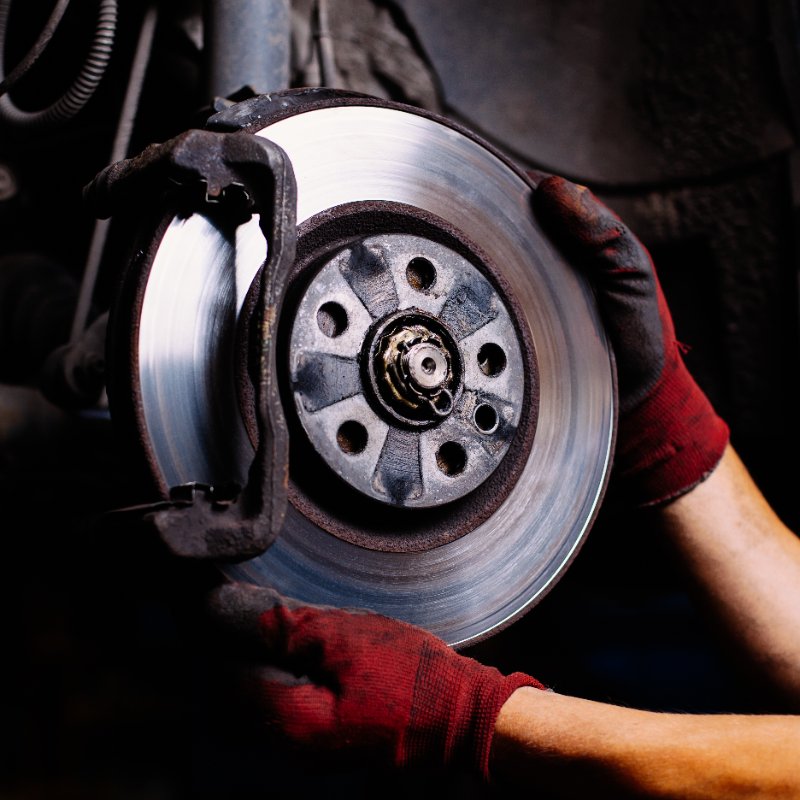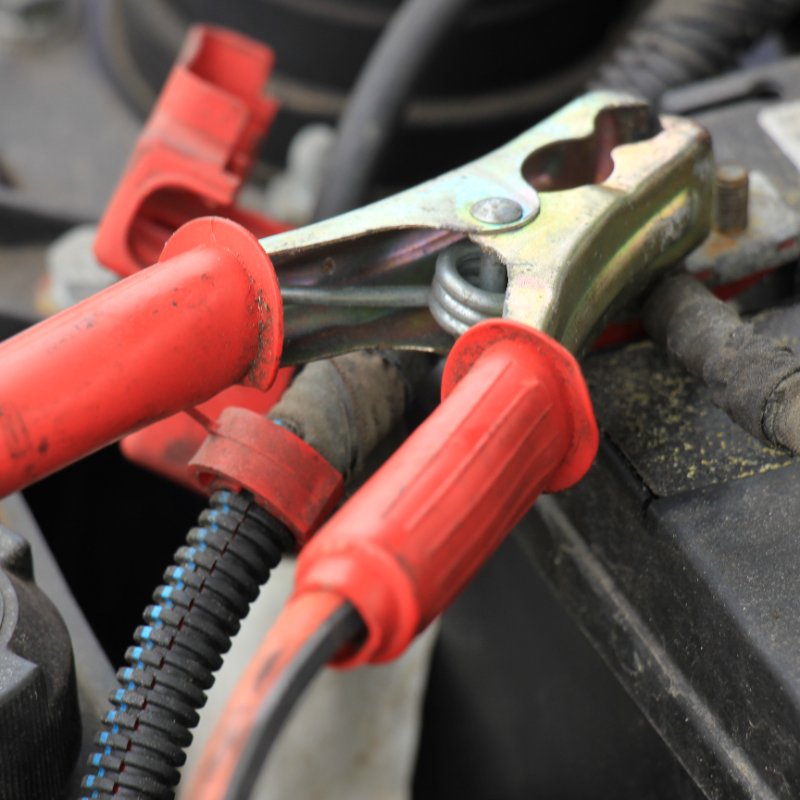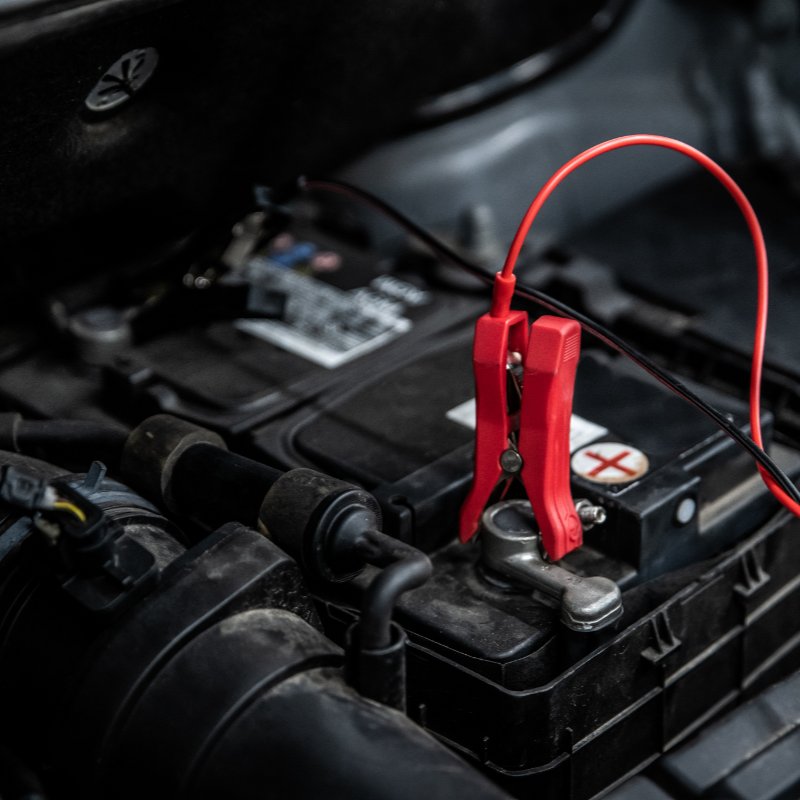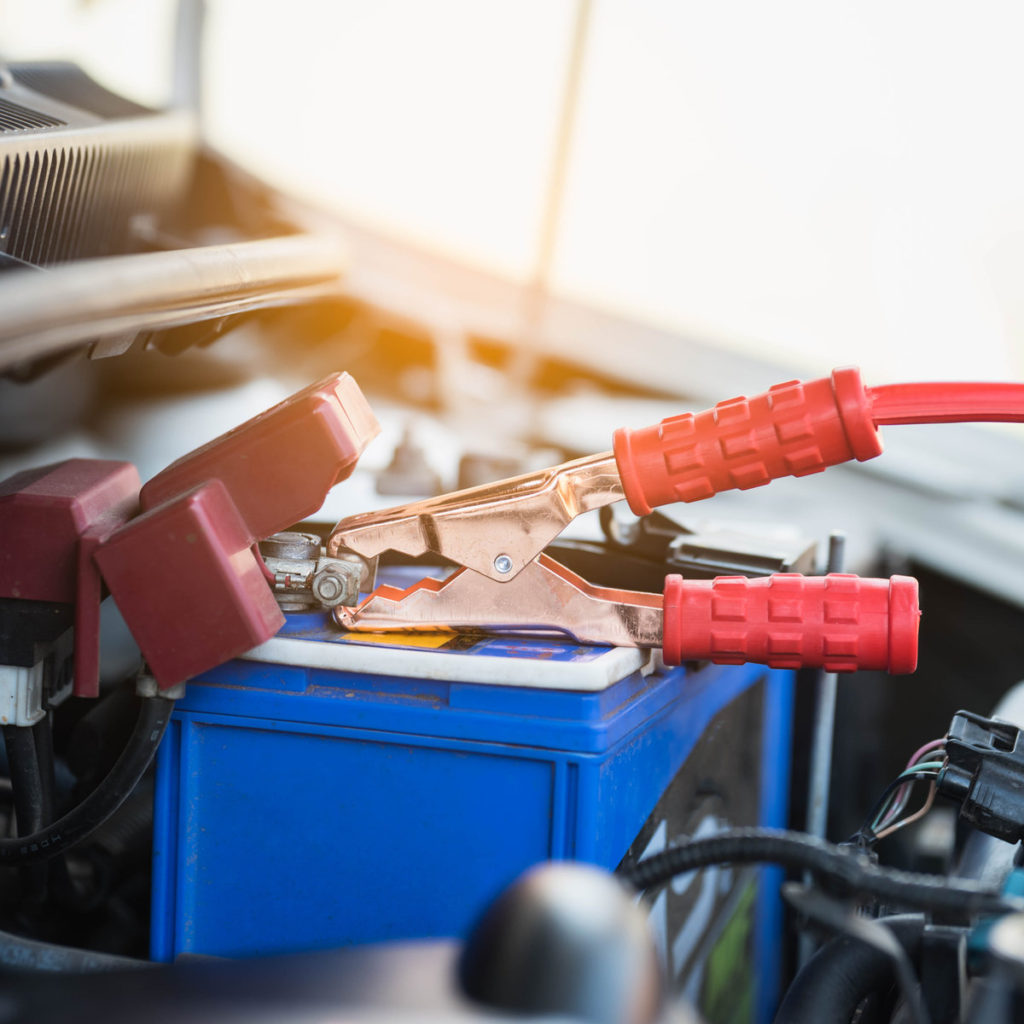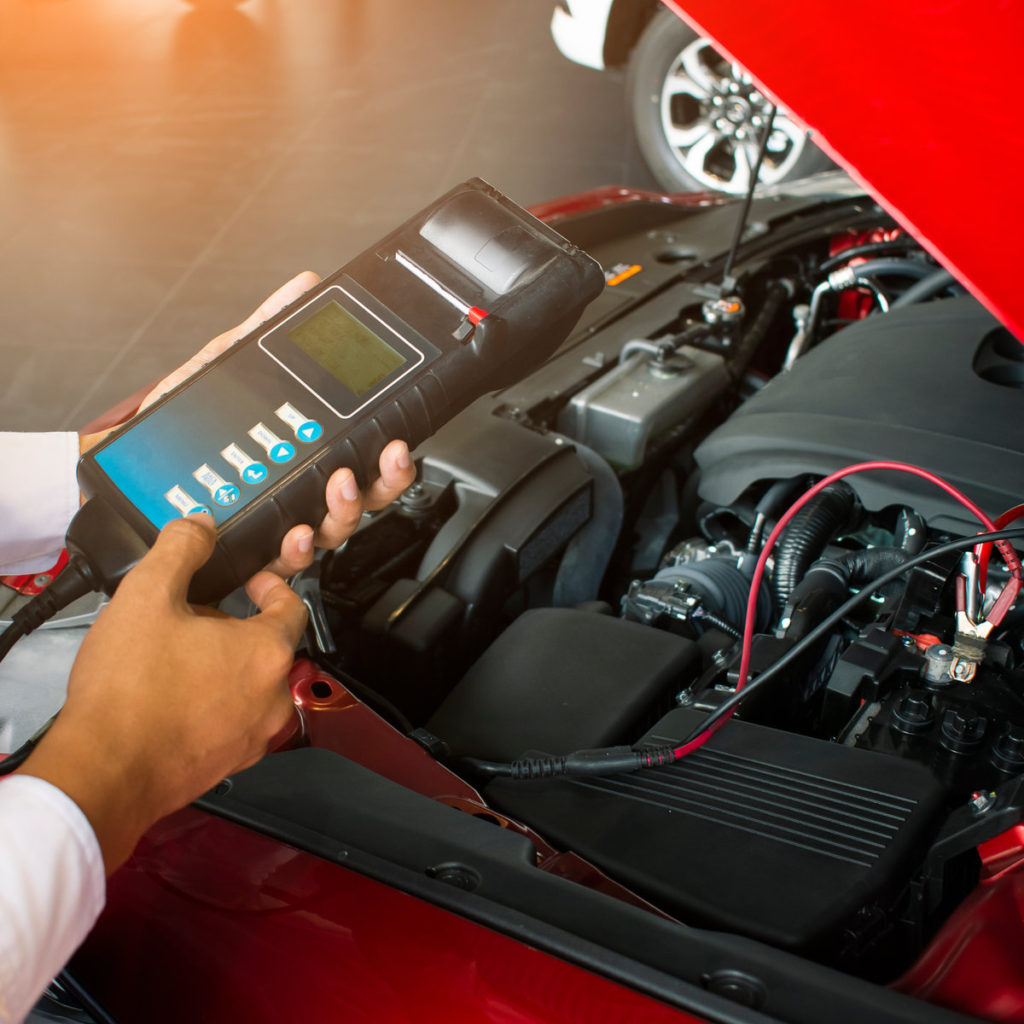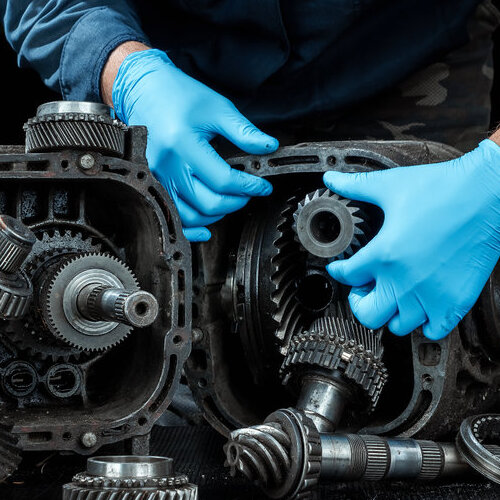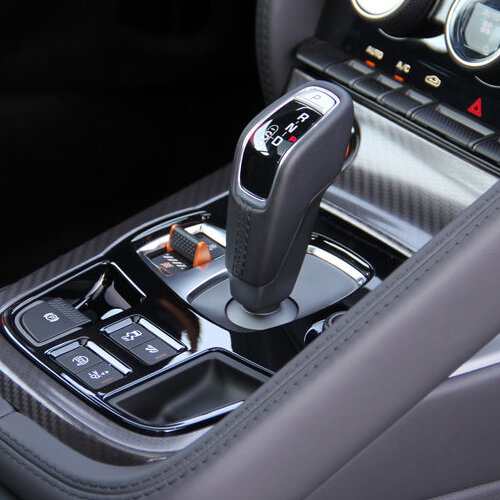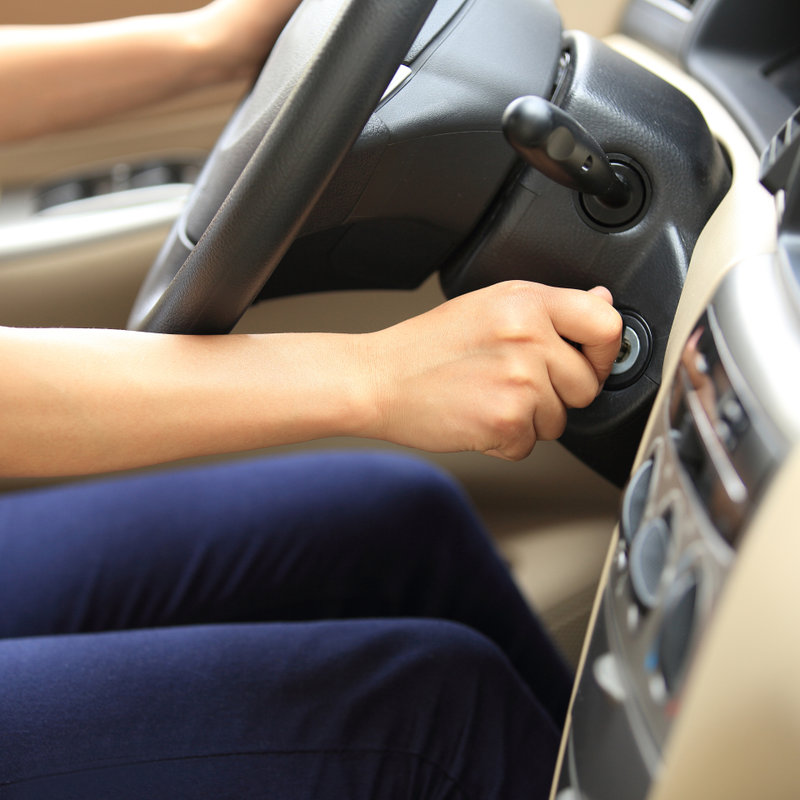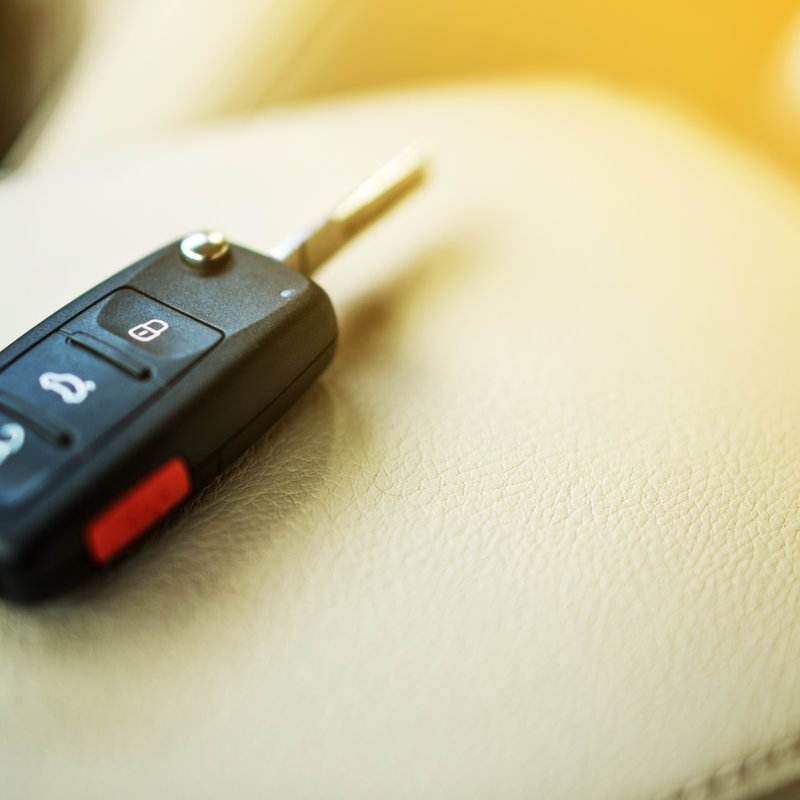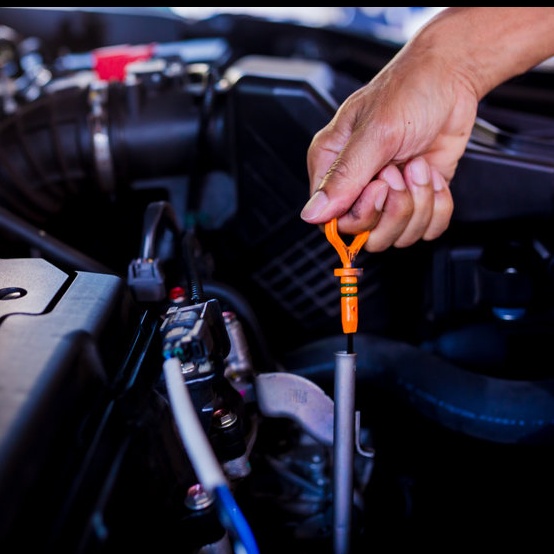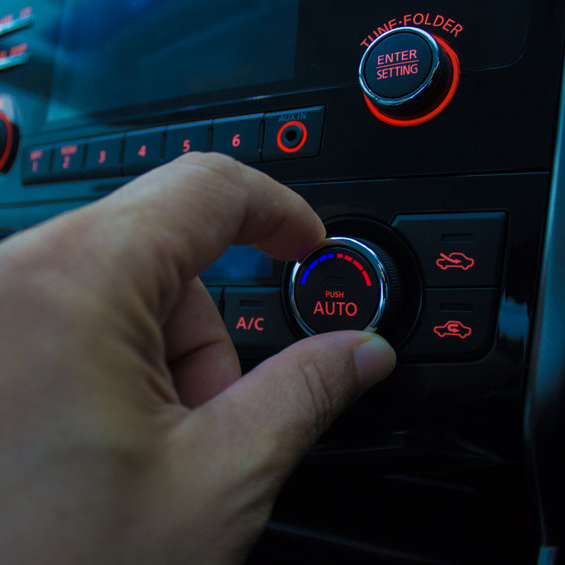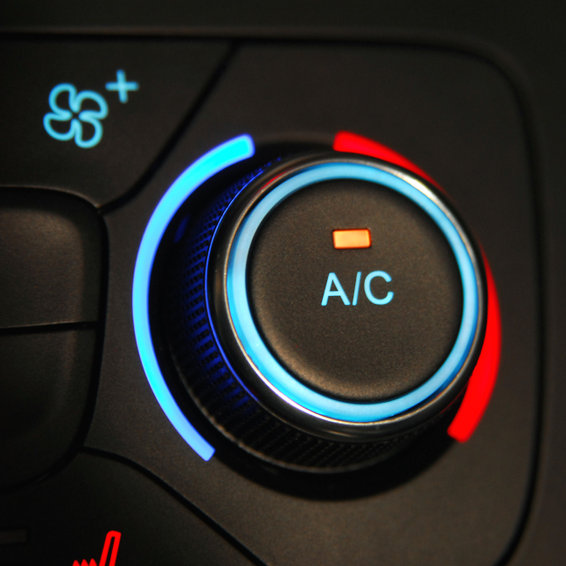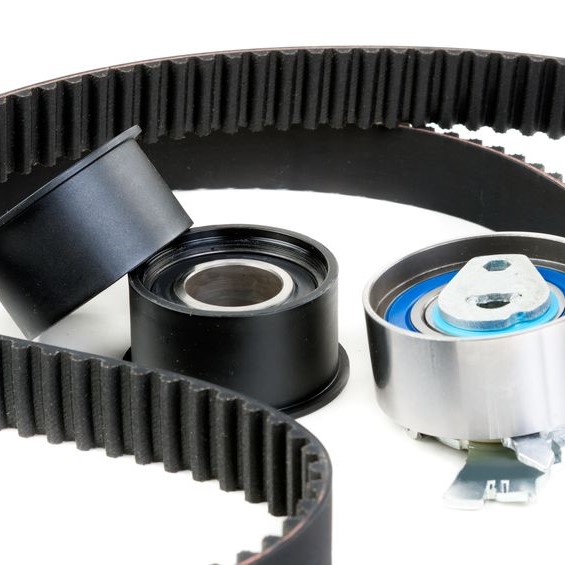
Discover More About Alternator Issues
Cars require electrical power to run down the road and the alternator generates that power while the car is running and charges the battery. Without a working alternator, the battery will lose power, and the car will eventually quit running.
So, are there signs of an alternator going bad? Yes, if you notice any of the following, you need to seek mechanic assistance and possible alternator replacement before you find yourself in a car breaking down.
How Do I Know When an Alternator Needs to be Replaced?
The following are indications that you should have your mechanic schedule an alternator replacement:
- Lights dim or flickering
- Car having trouble starting
- Onboard dash lights illuminated
- Loud, grinding noises from the alternator
- Car is dead and won’t jump
- Smell something burning
- Strange sounds coming from the engine area
- Power loss while driving
- Electrical components not functioning
What Can Cause an Alternator to Fail?
There are a lot of bearings and other moving parts inside an alternator. They are subjected to hot temperatures and collect dirt. That dirt causes those moving internal components to wear out, resulting in the alternator quitting. Other things that can cause you to need alternator replacement are:
- Jump-starting wrong
- Installing an accessory wrong or that requires too much power
- Fluids leaking from the alternator
- The belt is too tight
How Long Does an Alternator Typically Last?
Most alternators last between 80,000 miles and 150,000 miles, equivalent to 7 years for most people with average driving distances before needing an alternator replacement.
What are the Consequences of Driving with a Bad Alternator?
The alternator is a crucial part of your car’s electrical system. As soon as you notice any of the indications that we listed above, you need to have a mechanic check all electrical and other components. Typically, once any of these things begin, you have a maximum of 30 minutes to drive.
This is why you shouldn’t keep driving around once you have any of the listed indications. Keep driving with a bad alternator can cause other damage to the electrical system, starting with draining the battery.
What Happens if an Alternator Fails Completely?
When an alternator goes out completely, you won’t be going anywhere. The battery gets its power from the alternator, so if it isn’t functioning, the battery is the only power to the car. Again, a car won’t drive more than 30 minutes after the alternator is dead. You’ll need to have your car towed to the mechanic for alternator replacement and maybe more repairs or replacements.
What are the Diagnostic Tests for an Alternator?
A professional mechanic will use a voltmeter to check if an alternator replacement is needed. A car owner that is in tune with their car can try some ‘shade tree mechanic’ trick to check the basic condition of the alternator. The following are the steps to follow:
- Gauge It: With an amp/volt gauge, read the output from the alternator with the engine running at 2,000 rpm. Testing the AC blower fan, the headlamps, and other electric accessories that will strain the alternator. If the gauge shows a decrease in the amps, you’ll need an alternator replacement.
With the engine still running, use the voltmeter to retest the battery. If the voltage has varying RPM and creates fluctuating volts between 13 volts and 14.5 volts, the alternator is good. If it doesn’t fluctuate or drop, you’ll need an alternator replacement.
Repeat this process with the air conditioner, lights, and radio on. If the volts are at 13 or higher and the engine is revving at 2,000 rpm with these accessories on, the alternator is in good condition and not the problem.
- Listen: With the engine running, listen to the alternator. If you hear a squealing sound coming from under the hood, and it gets louder when the lights or radio are on, you’ll need an alternator replacement.
- The Radio: With the engine revved up, turn the radio on a low AM band station. If there is whining coming from the radio, or the screen with the radio stations goes blurry, you need an alternator replacement.
Why Do Car Batteries and Alternators Need to be Replaced?
Nothing lasts forever, including car alternators and batteries. Alternator replacements and battery replacements are a part of routine car maintenance. While you shouldn’t have to do these weekly, the alternator replacement is usually within 7 years, and the battery within 3 years for most cars.
In Conclusion
With your routine oil changes, you can request your mechanic to check the alternator if you’re having issues that you feel may be from the alternator. If you can get ahead of the situation with a new alternator replacement before it goes totally out, you’ll save yourself a lot of headaches later going down the road, literally.



